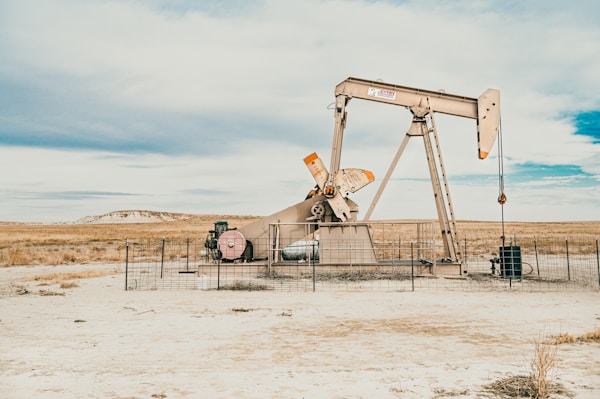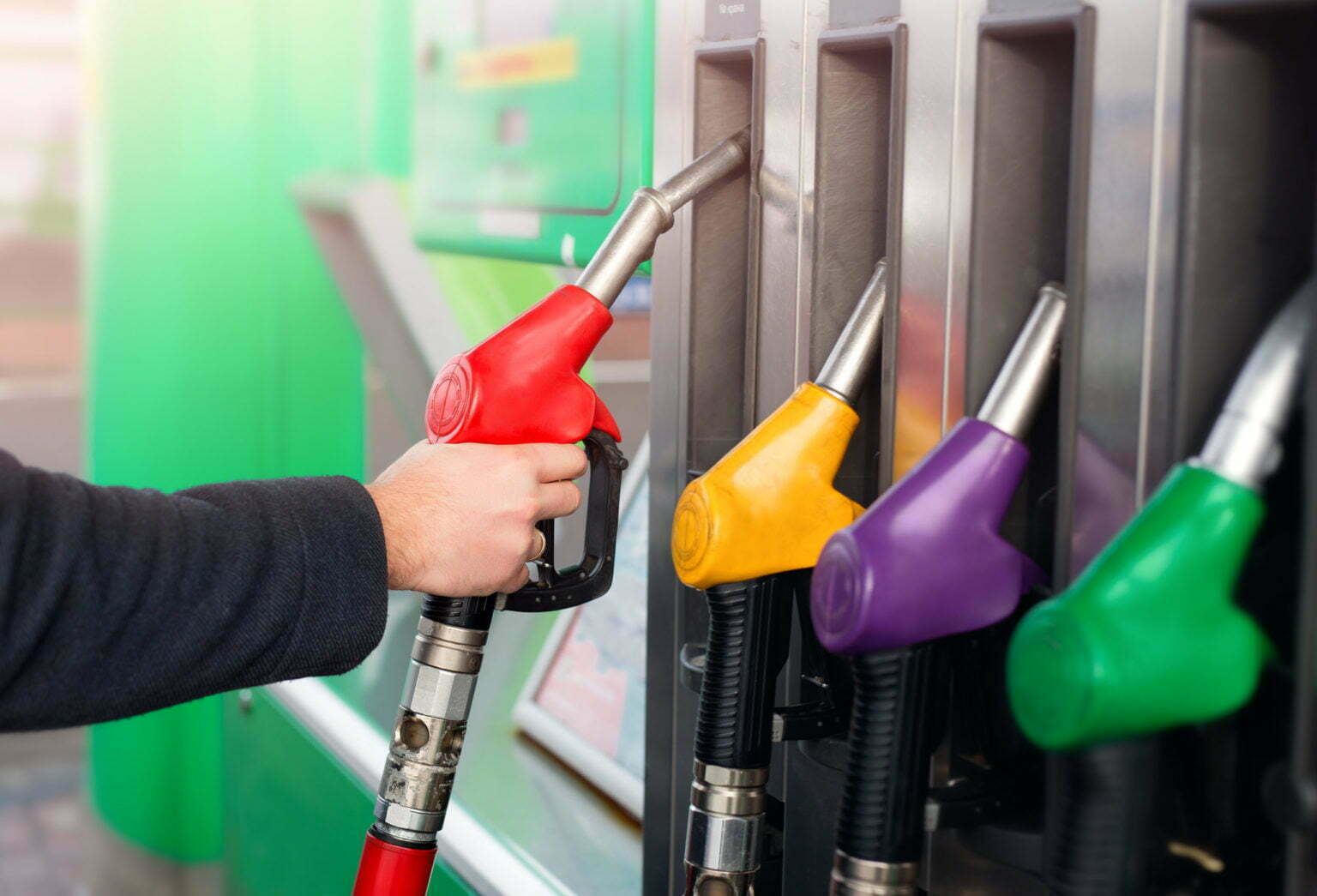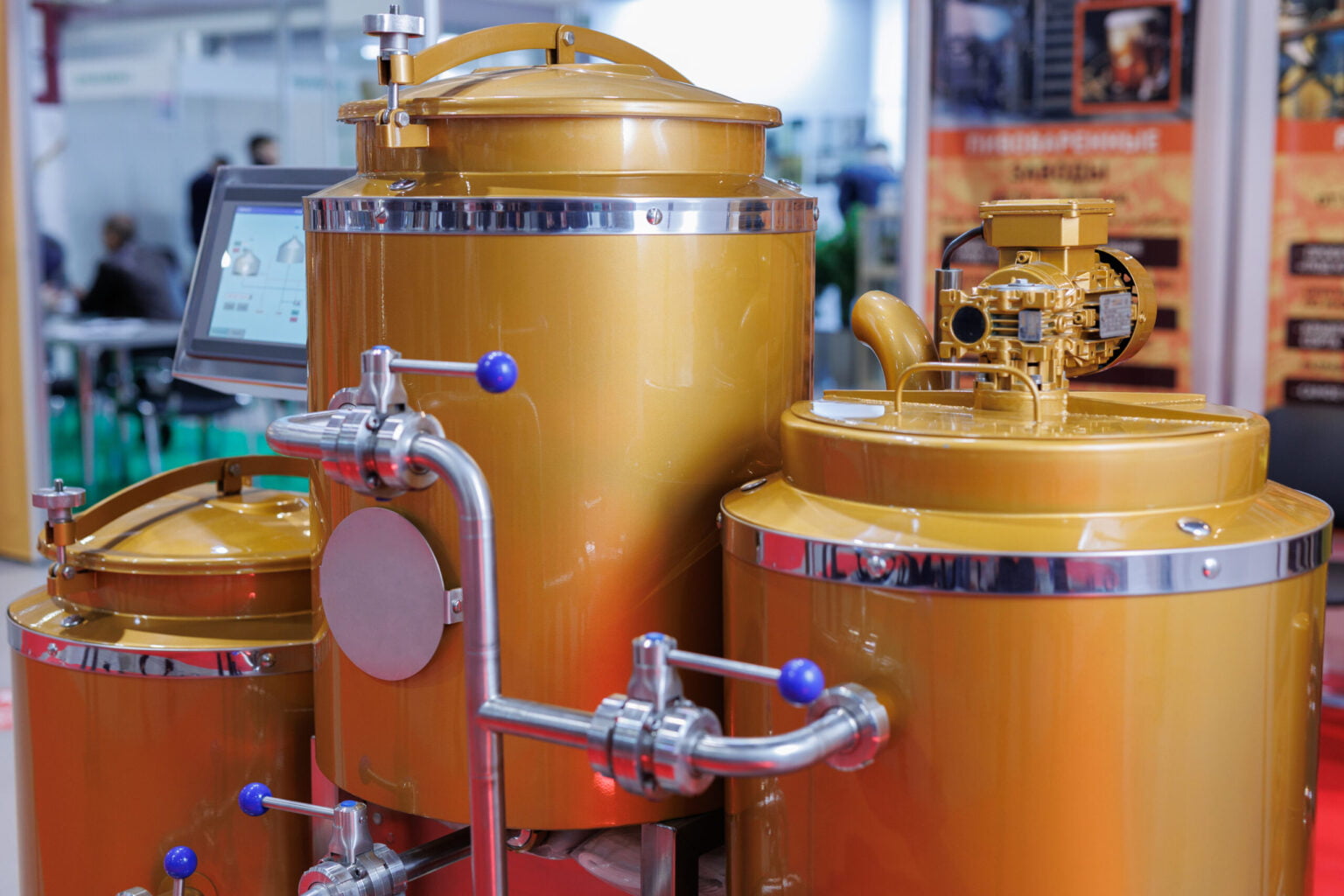Commercial truck drivers are the backbone of the American economy. They transport goods and materials to and from businesses and factories, making it possible for companies to keep their doors open and products flowing. But the job of a truck driver is not an easy one. It requires long hours behind the wheel, navigating through busy city streets and highways, and dealing with unpredictable weather conditions. Additionally, a large truck requires a lot of fuel to run, such as diesel. There are different types of diesel fuels, but two common choices are biodiesel and petroleum diesel. Keep reading to learn more about these two types of fuel.
Biodiesel

Biodiesel is a renewable, clean-burning diesel replacement made from vegetable oils or animal fats. It can be used in most diesel engines without modification. Biodiesel is the first and only alternative fuel to meet all of the EPA’s requirements for diesel fuel, including cold-weather operability.
If you’re wondering where to buy biodiesel, there are many gas stations that offer this valuable form of gas. When choosing a biodiesel supplier, be sure to ask about the quality of the fuel and whether it meets all applicable standards. Also, ask about the supplier’s environmental and social responsibility practices.
Petroleum Diesel

Diesel fuel is a petroleum product that is used in diesel engines. It is made up of hydrocarbons and is often abbreviated as “petrodiesel.” Diesel fuel is used in many different applications and is a popular choice for transportation because it has a high energy density, meaning that it can store a lot of energy in a small volume. This makes it a good choice for vehicles that need to travel long distances.
Diesel fuel is also commonly used in agricultural applications for equipment that needs to run for extended periods of time. Further, diesel fuel is popular in construction because it is a durable fuel that can withstand extreme temperatures. It also has a high power density, making it a good choice for equipment that needs to generate a lot of power.
Comparison

There are a number of similarities between biodiesel and petroleum diesel. Both fuels are hydrocarbons, meaning that they are made up of molecules that contain hydrogen and carbon. Additionally, both fuels are burned in an internal combustion engine to generate heat and power. They can be used in most diesel engines without any modifications.
As for differences, there are several reasons why biodiesel is the more environmentally friendly choice of the two. Biodiesel is a clean-burning alternative fuel that can be used in place of petroleum diesel in most diesel engines. When it comes to burning fuel, there are different levels of cleanliness. A fuel is considered clean-burning if it emits low levels of pollutants into the air. This means that when the fuel is burned, it doesn’t produce a lot of black smoke or other pollutants that can be harmful to the environment. Biodiesel releases significantly fewer pollutants into the air, as it uses eco-friendly sources like vegetable oil and animal fat.
Biodiesel is also a renewable resource, meaning that it can be made from plants or other sources that can be regrown over and over again. Petroleum diesel, on the other hand, is a nonrenewable resource that comes from fossil fuels, like oil and gas, which cannot be recreated once they are depleted.
Finally, biodiesel is also biodegradable, meaning that it can be broken down by bacteria and other organisms, and it doesn’t produce as many harmful emissions as petroleum diesel. Petroleum diesel is not biodegradable, and it produces harmful emissions like carbon monoxide, nitrogen oxides, and particulate matter.
Overall, biodiesel is a more environmentally friendly fuel option than petroleum diesel, making biodiesel a more sustainable option for transportation fuel. If you’re a trucker looking to give the environment a helping hand, you should consider finding gas stations that supply biodiesel.




